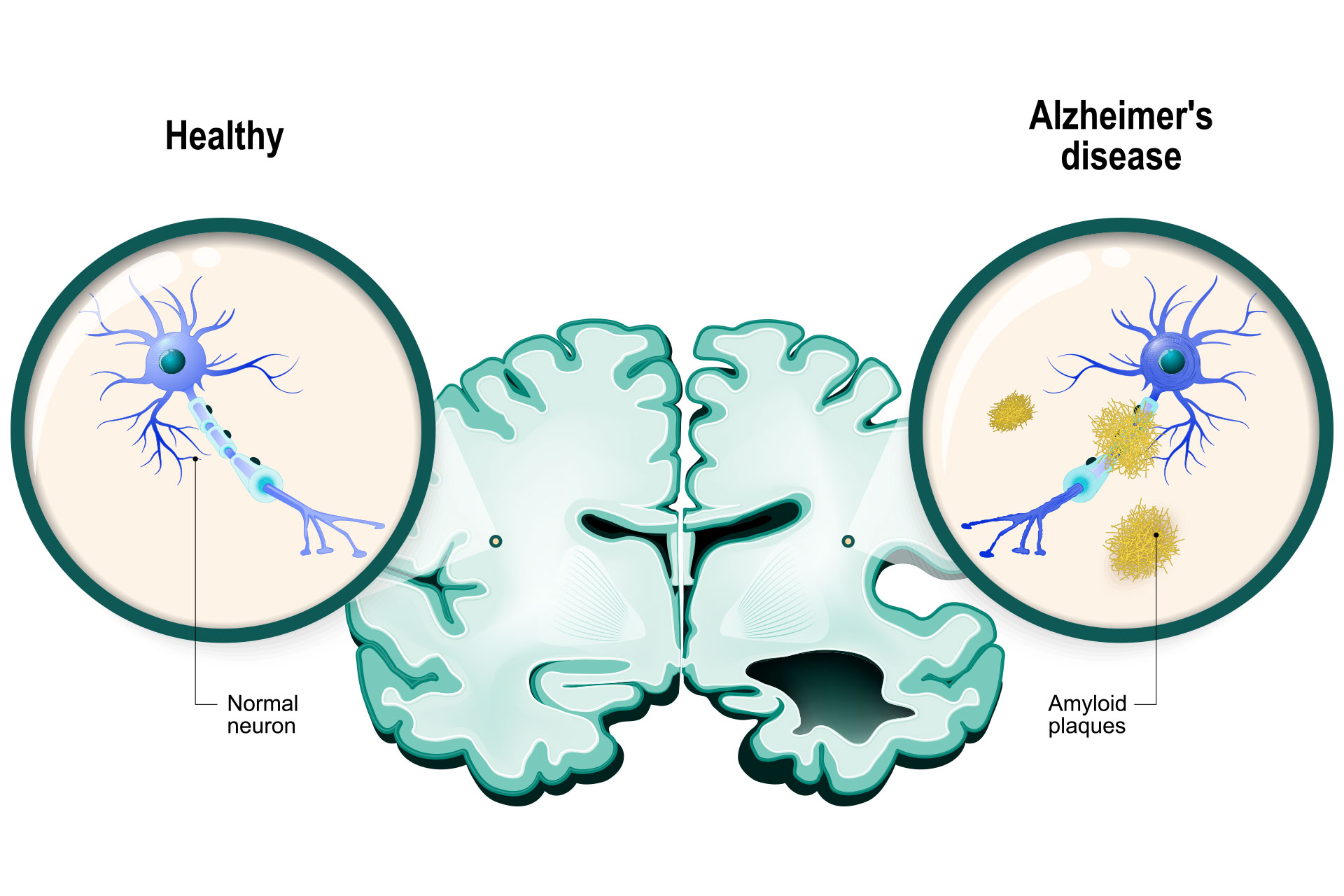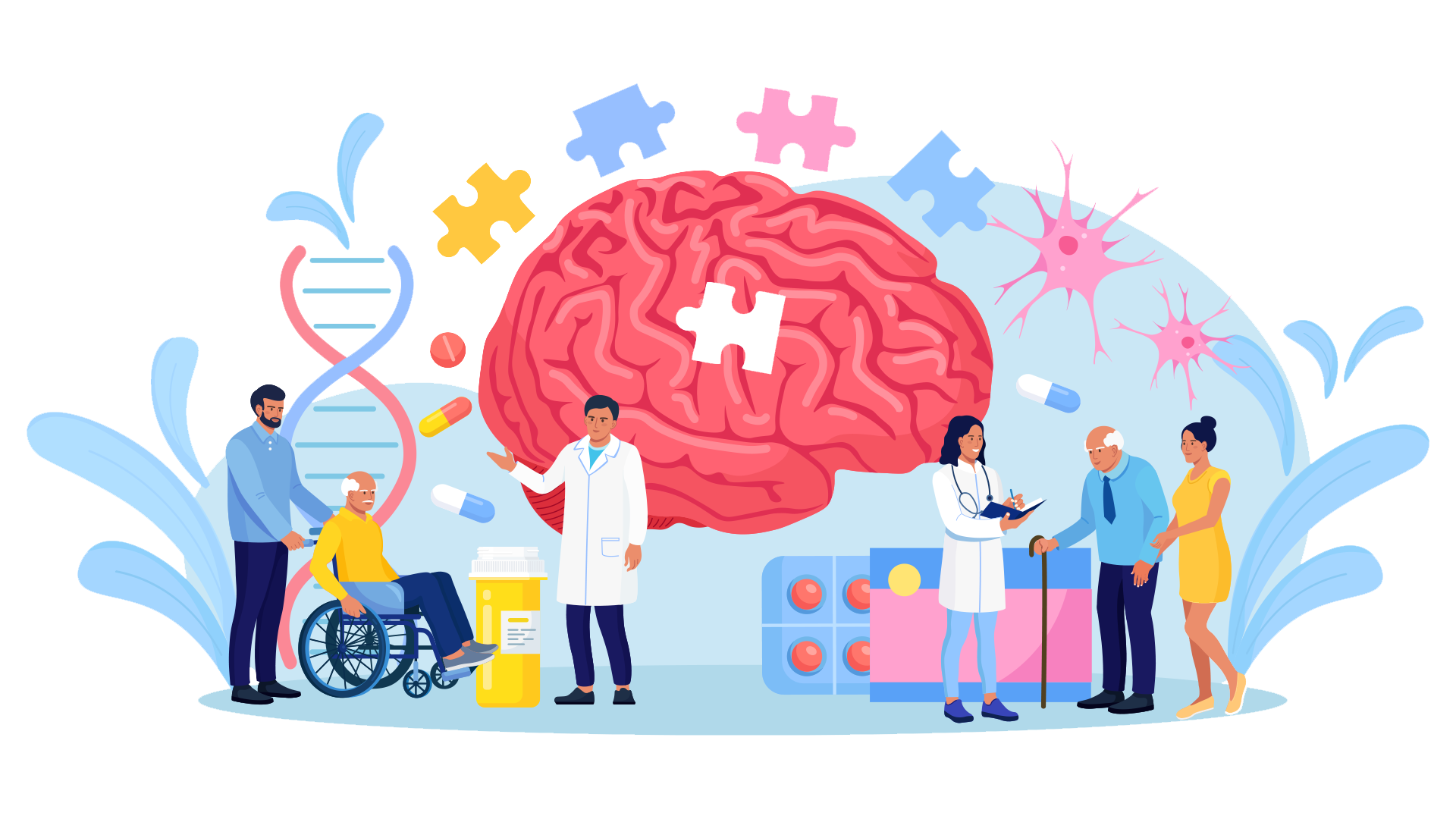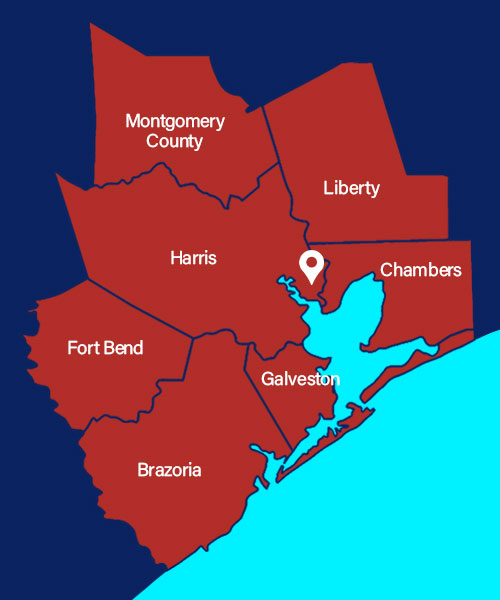Since 2007, the National Council of Certified Dementia Practitioners (NCCDP) has dedicated a week in February to increasing awareness about Alzheimer’s disease and dementia while also providing essential education for caregivers. This 2025, Alzheimer’s Disease and Dementia Care Education Week will be observed from February 14 to 21, reinforcing the importance of dementia training for caregivers and ensuring that healthcare professionals and family members are well-equipped to provide effective and compassionate care.
The Importance of Awareness and Education
Despite the growing number of dementia cases, there are still no national standards for Alzheimer’s education in the United States. Regulations vary from state to state, making it crucial for care facilities to establish their own training for Alzheimer’s caregivers. According to the NCCDP, all staff should complete at least eight hours of dementia training, and caregivers who qualify should obtain their Certified Dementia Practitioner (CDP) certification. Additionally, at least one Certified Dementia Practitioner should be present per shift in a healthcare facility to ensure the highest level of care.
As dementia cases continue to rise globally, Alzheimer’s caregiver education is more important than ever. Families and healthcare providers need access to high-quality Alzheimer’s disease patient education to recognize early symptoms, give appropriate interventions, and enhance the quality of life for everyone involved.
Understanding Dementia
It is a broad term to describe progressive cognitive decline that significantly interferes with daily life. It affects memory, problem-solving, and the ability to perform everyday tasks. Alzheimer’s disease, Parkinson’s disease, and Creutzfeldt-Jakob disease are just a few of the many conditions classified under dementia. These disorders are triggered by abnormal brain changes that lead to deteriorating cognitive abilities and behavioral shifts.
Although most types of dementia are more common in older adults, it is not a normal part of aging. Some of the key causes include:

The Growing Impact of Dementia
According to recent studies, an estimated 55 million people worldwide are living with dementia, with a new diagnosis occurring every three seconds. As the global population continues to age, the numbers are expected to rise, further highlighting the need for training and education to provide better support for those affected.
Recognizing the Signs of Dementia
Early detection of dementia is essential for effective management and care planning. The Alzheimer’s Association has identified several warning signs that may indicate the onset of Alzheimer’s or another form of dementia. These include:
Understanding these symptoms can help families and healthcare professionals seek early interventions and implement Alzheimer’s disease patient education programs that improve patient outcomes.

How to Observe Alzheimer’s Disease and Dementia Care Education Week 2025
During this week, organizations, healthcare providers, and caregivers are encouraged to participate in activities that promote Alzheimer’s education and support dementia care initiatives. Some practical ways to get involved include:
At Signature Health Services, we are dedicated to providing top-tier care for patients affected by Alzheimer’s disease and other dementias. Our team of registered nurses and licensed therapists continuously enhance their skills through dementia training for caregivers and Alzheimer’s caregiver education programs. By staying informed on the latest advancements in dementia care, we ensure that our patients receive the best possible support.
If you or a loved one needs assistance with Alzheimer’s disease patient education, memory care, or in-home nursing services, do not hesitate to reach out to our compassionate team.
As we observe Alzheimer’s Disease and Dementia Care Education Week 2025, let’s work together to raise awareness, improve caregiver training, and enhance patient care. Whether through certified dementia practitioner programs, social media advocacy, or direct caregiving efforts, every step we take contributes to a future where those affected by dementia and Alzheimer’s receive the support and dignity they deserve.
Call Signature 24/7 at 800-277-8291 for excellence in skilled and compassionate home health care.

Your Complete Home Health Care Solution!
ALWAYS ON CALL
| Monday – Sunday | 24 / 7 |
1 (800) 277-8291 (option 1)
COUNTIES SERVED
OUR VALUES
TESTIMONIALS

I love all of my home health people.

All Signature staff as well as therapy were very helpful.

Their services have always been great.

I really love my physical therapist. Gary has helped me so much.

This has been one of the best agencies. Very caring nurses.

I’ve had a really good physical therapist and really nice nurses.

I have had excellent care & would recommended them to anyone.

Gary Dixon is the very best physical therapist in Baytown and Houston Area.

